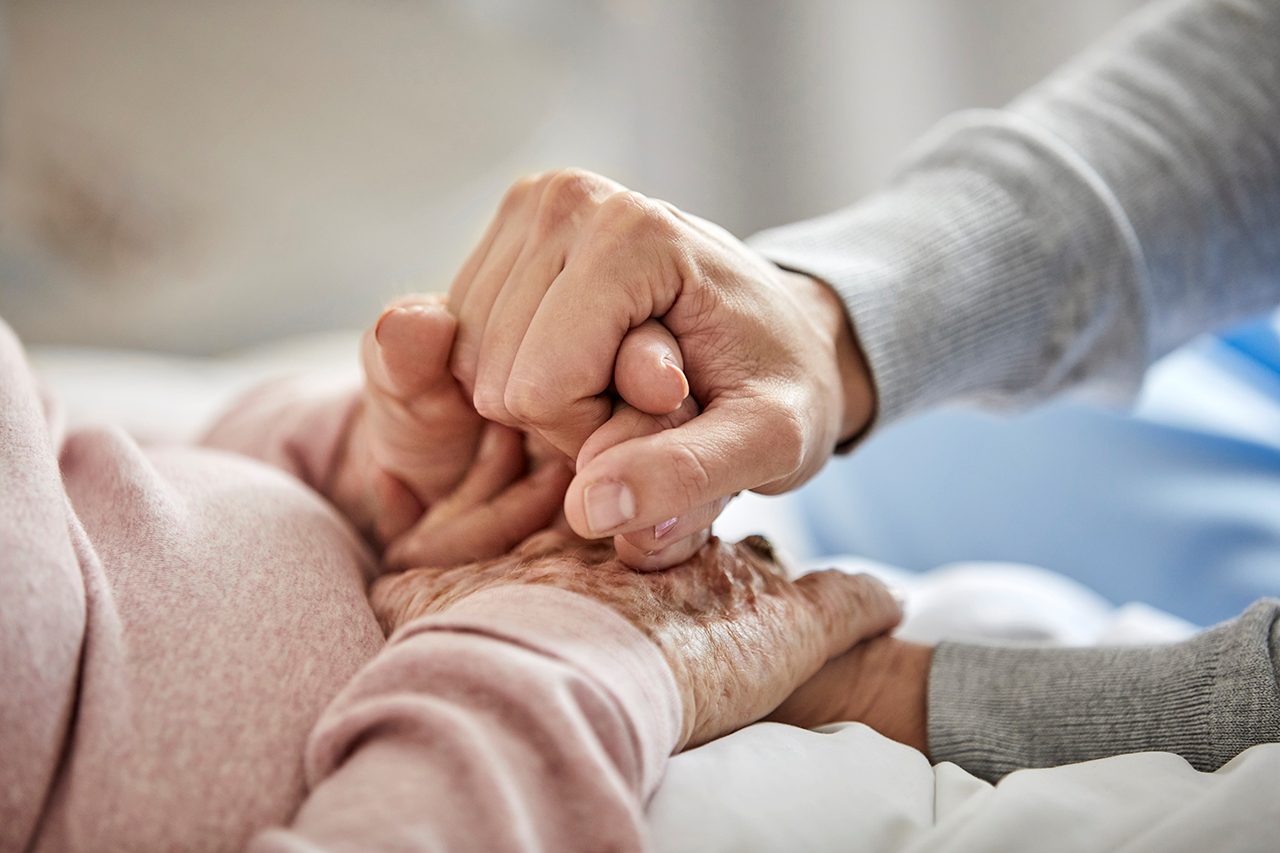
@ShahidNShah


Protecting seniors from infection at home requires more than just common sense. For older adults, who often face weakened immune systems and chronic health conditions, an infection can lead to serious complications. That is why caregivers, family members, and home health providers must understand how infections spread and how to interrupt that process effectively. Taking proactive steps to break the chain of infection can significantly reduce risks and improve overall health outcomes for seniors.
Understanding the Infection Cycle
Infections follow a predictable cycle: there must be a source of germs, a way for them to leave the source, a method of travel, and a vulnerable person to infect. For seniors, sources may include contaminated surfaces, shared medical devices, or contact with sick visitors. Germs travel through touch, air droplets, or unclean hands. Seniors with weakened resistance or open wounds are more likely to become infected. Understanding each stage of this process makes it possible to block the chain at multiple points.
Daily Habits That Prevent Transmission
Hand hygiene is one of the most powerful defenses. Washing hands thoroughly with soap and water before preparing food, after using the restroom, or following contact with high-touch surfaces reduces the number of harmful microorganisms that can spread. Surfaces like doorknobs, light switches, and mobility aids should be cleaned regularly with appropriate disinfectants. It is equally important to manage laundry properly, especially if clothing or linens are soiled or have been exposed to bodily fluids.
Personal protective equipment may be necessary for caregivers in certain situations, such as when changing bandages or assisting with toileting. Gloves and masks help protect both the caregiver and the senior. Avoiding visits from individuals who are ill, even with mild symptoms, should be a routine practice, particularly during flu season or outbreaks of respiratory illness.
Safe Medical Care at Home
Many seniors receive ongoing care such as wound dressing, catheter maintenance, or injections at home. Proper technique and clean supplies are essential. Equipment should never be shared between individuals without proper sterilization. Training family caregivers or hiring home health professionals with proven infection control practices can prevent contamination during routine procedures.
Coordination with healthcare providers is also critical. If a senior exhibits signs of infection, medical attention should be sought promptly. Early intervention prevents complications and helps stop the infection from spreading further within the household.
Social Support with Safety in Mind
Isolation can be detrimental to mental and emotional well-being, so maintaining social contact is important. However, those who visit seniors should practice good hygiene and stay up to date on recommended vaccinations. Programs that offer safe companionship, like the senior companion program in San Antonio, TX, give older adults the social interaction they need without unnecessary health risks.
Stopping the spread of infection at home is possible with thoughtful habits, awareness, and responsible caregiving. For seniors, these efforts are life-saving. Protecting health starts with small, consistent actions that collectively make a significant impact on daily safety and quality of life. To learn more, check out the infographic below.

Chief Editor - Medigy & HealthcareGuys.
Spine surgery marks a major turning point in a patient’s journey, but the most critical phase often begins after the procedure. In these delicate weeks and months during recovery, monitoring a …
Posted Jun 11, 2025 Healthcare Therapy
Connecting innovation decision makers to authoritative information, institutions, people and insights.
Medigy accurately delivers healthcare and technology information, news and insight from around the world.
Medigy surfaces the world's best crowdsourced health tech offerings with social interactions and peer reviews.
© 2026 Netspective Foundation, Inc. All Rights Reserved.
Built on Feb 27, 2026 at 1:33pm